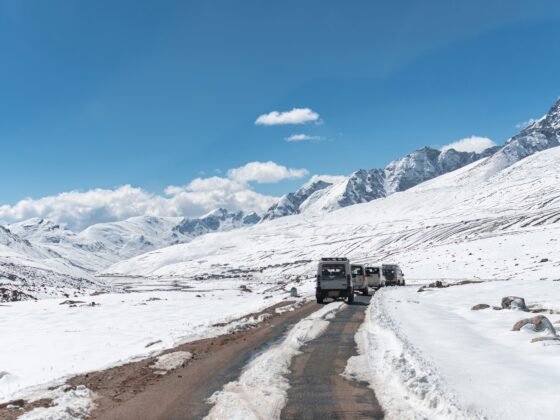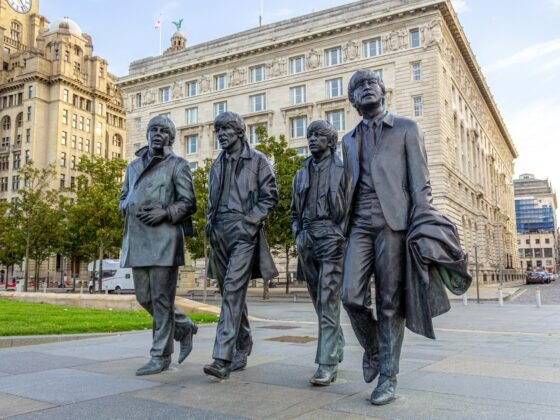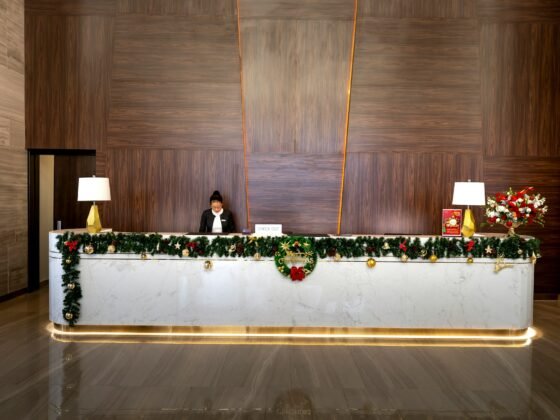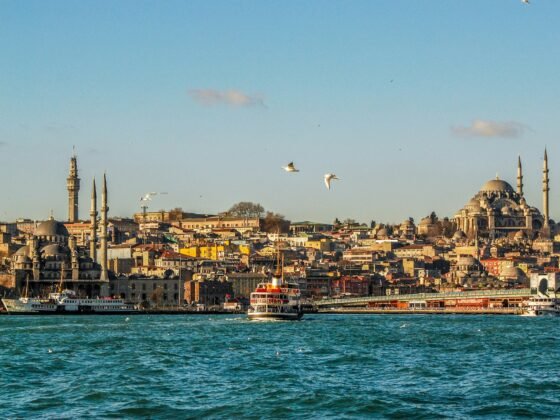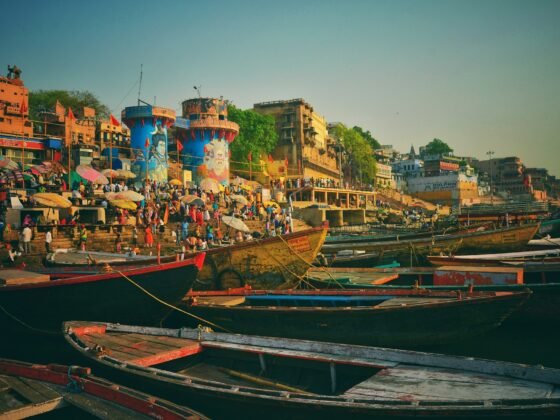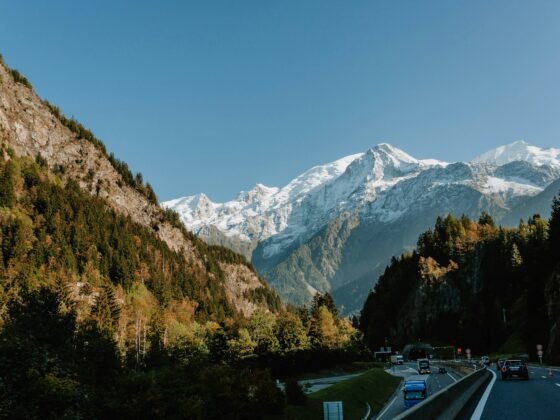The sun beat relentlessly onto the red sandstone floor of the Jama Masjid in Old Delhi. Already sweating and parched, I staggered around the shaded cloisters on the perimeter of the courtyard, angling my camera to take pictures of men in immaculate white kurta and kufi, praying or napping in cool alcoves. Every few minutes, I was stopped by an Indian family asking for “one snap?” I would pose stiffly, a token white person amidst an unsmiling family, wondering what story they would tell people about their foreign friend.
With a whole day ahead of me in a city that is big and smelly and noisy and hot, I felt small and anxious. It was tempting to return to my air-conditioned hotel room, curl up under covers, and spend the day watching CNN international.
When I decided I could not circle the courtyard again, I made my way to the exit, but slowly, not knowing where I would go next. Standing at the top of the stairs that lead down into the sprawling bazaar below, I could already hear the insistent calls of “madam, madam” from the eager salesmen, the beggars, and the rickshaw drivers who I knew would turn towards me as needles to a magnet. I nearly retreated. I took the steps slowly, letting gravity rather than will lead me, as I swung a foot out and let it drop onto the step below.
About halfway down, a young woman approached me and gestured towards a man holding a camera a few steps below. The rest of the family—an older woman in a sky blue salwar kameez, a young man in jeans, and a little boy--were already assembling themselves around me. I handed my camera to the older man, thinking I could use a few pretend friends as well.
After posing in several different variations, the family shook my hand and went on their way. But a few minutes later, the older woman found me at the bottom of the stairs. “You want to have tea?” she asked me. I followed her to a little chai stall just outside the mosque, and the family scooted together on the worn wooden benches to make room for me. They pressed a small hot glass of chai into my hand, and we smiled at each other with nothing to say. Sipping too quickly out of awkwardness, I burned my tongue.
Haltingly, they began to ask questions—where I was from, whether I was traveling alone. The young man, Yasin, spoke the most English. The others would smile and nod at me, then turn to him for an explanation. Within minutes, they had invited me to come to Agra with them that afternoon, and to visit their home in the Gujarat. The young woman, Shama, was the boy’s mother and Yasin’s sister. She could not have been much older than me, and this was her first trip to Delhi. Mohammad and Sharifa, the parents of Yasin and Shama, were proud to tell me of their upcoming hajj to Mecca.
After we finished tea, I asked if they would help me find bindis in the market. Though they didn’t know their way around, Mohammad gamely took up my quest, asking directions at every turn as we wound through the narrow maze that is the Chandi Chowk market. Shopkeepers singled me out, pacing alongside me as they named their wares—“you like to see some pashmina madam? Silk sari, scarves…good quality. Just have a look.” To one persistent man, I gestured toward Mohammad, striding ahead with purpose, to indicate that I was well taken care of, thankyouverymuch. Seeing an opportunity, the shopkeeper sped up and started talking to Mohammad in Hindi—I guessed that he was offering a commission to bring me into the shop. But my new Gujarati father shook his head and strode on. After that, Sharifa took my hand gently and pulled me close to her. “Different skin,” she commented, looking at our hands together, then grinned.
We did eventually find bindis in the Kinari bazaar, packed with tiny shops selling everything bright and sparkly—feathers, sequins, beads, ribbons. Mohammad sat next to me as I bargained while the women eyed the wares of neighboring stalls. Back at the mosque, we exchanged phone numbers and parted ways. I do not expect to see them again, but for a couple of hours I had, well, a pretend family.
E Strasser
My Pretend Family


